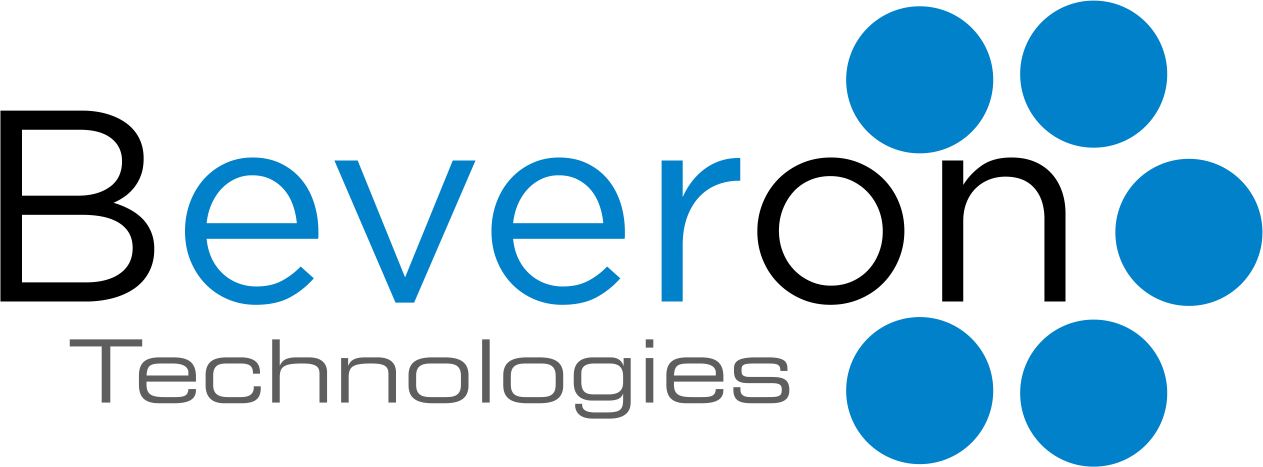

Beveron Smart Lawyer Office is the leading law firm software in Turkey, designed to streamline case ...

Beveron’s Smart Lawyer Office is the leading law firm software in Thailand, offering powerful tool...

Beveron Smart Lawyer Office is the leading law firm software in Tanzania, offering secure, efficient...

In the digital age, the integration of automation and artificial intelligence has revolutionized various industries, including case management. Organizations across sectors are adopting case management automation to enhance efficiency, improve decision-making, and deliver better customer experiences. However, as with any technological advancement, there are legal and ethical considerations that must be carefully addressed to ensure compliance, protect sensitive data, and maintain ethical standards. In this blog post, we delve into the complex landscape of legal and ethical implications surrounding case management automation.
Data Protection and Privacy Laws: Automated case management involves the processing of vast amounts of sensitive personal and confidential data. Organizations must comply with data protection regulations such as the General Data Protection Regulation (GDPR) in the European Union or the Health Insurance Portability and Accountability Act (HIPAA) in the healthcare sector. These laws dictate how personal data is collected, stored, processed, and shared.
Consent and Transparency: Automated case management systems often require the consent of individuals whose data is being processed. Organizations must clearly communicate how data will be used, providing individuals with transparent information about the purpose of data collection and processing.
Accuracy and Fairness: Automated decision-making algorithms must not perpetuate bias or discrimination. Organizations are legally bound to ensure that algorithms are fair, transparent, and free from discriminatory biases that could result in unequal treatment.
Liability and Accountability: When decisions are made automatically by algorithms, determining liability in case of errors or negative outcomes becomes complex. Organizations need to clarify the responsibility of the AI system, the humans overseeing it, and establish mechanisms for addressing errors or harm.
Transparency and Explainability: Ethical case management automation requires transparency in how decisions are made. Individuals impacted by automated decisions have the right to understand the logic and factors that led to those decisions. This promotes trust and accountability.
Human Oversight and Intervention: Balancing automation with human judgment is essential. Human intervention ensures that critical decisions are not solely reliant on algorithms and allows for ethical considerations and empathy that machines lack.
Minimizing Bias and Discrimination: Preventing bias in automated decision-making is a significant ethical concern. Organizations must actively work to identify and rectify biases in algorithms to avoid perpetuating unfair treatment or discrimination.
Accountability and Responsibility: Maintaining ethical practices involves defining who is accountable for the actions and decisions of automated systems. This includes addressing issues of negligence, errors, and unintended consequences.
Long-term Impact on Workforce: Case management automation may impact the workforce, potentially leading to job displacement. Organizations have an ethical responsibility to consider the welfare of employees and provide necessary training and support during transitions.
Social Implications: Consider the broader societal impact of case management automation. Ethical considerations include how automation affects communities, access to services, and the potential to exacerbate existing inequalities.
Case management automation brings undeniable advantages in terms of efficiency and improved outcomes. However, it also introduces a complex web of legal and ethical considerations that organizations must navigate to ensure compliance, protect individual rights, and maintain ethical integrity. By proactively addressing these issues, organizations can leverage automation responsibly while upholding the values of transparency, fairness, and accountability that are crucial in today's interconnected world.
Smart Lawyer office is the best case management software which streamlines complex workflows, optimizing task assignment and tracking, ultimately leading to increased operational efficiency. Moreover, it enhances collaboration and communication within a team, ensuring everyone is on the same page and making well-informed decisions. The software's robust reporting and analytics capabilities provide valuable insights for data-driven decision-making. Data security features help organizations maintain compliance and protect sensitive information, a critical concern in various industries. With scalability and customization options, the best case management software can adapt to an organization's evolving needs, making it a versatile and invaluable tool across legal, healthcare, and customer support sectors, among others.
Best case management software in India
Best case management software in Kenya
Best case management software in KSA
If you need a demo on best case management software, please fil the form below